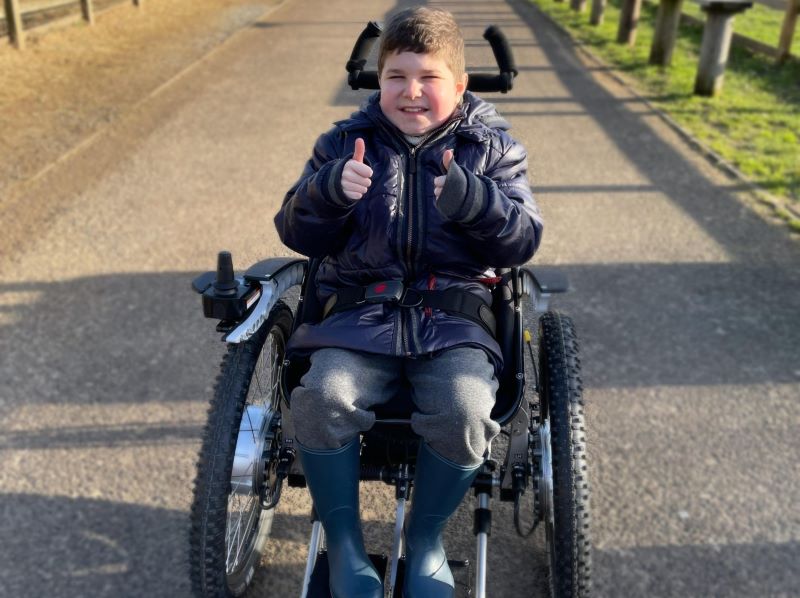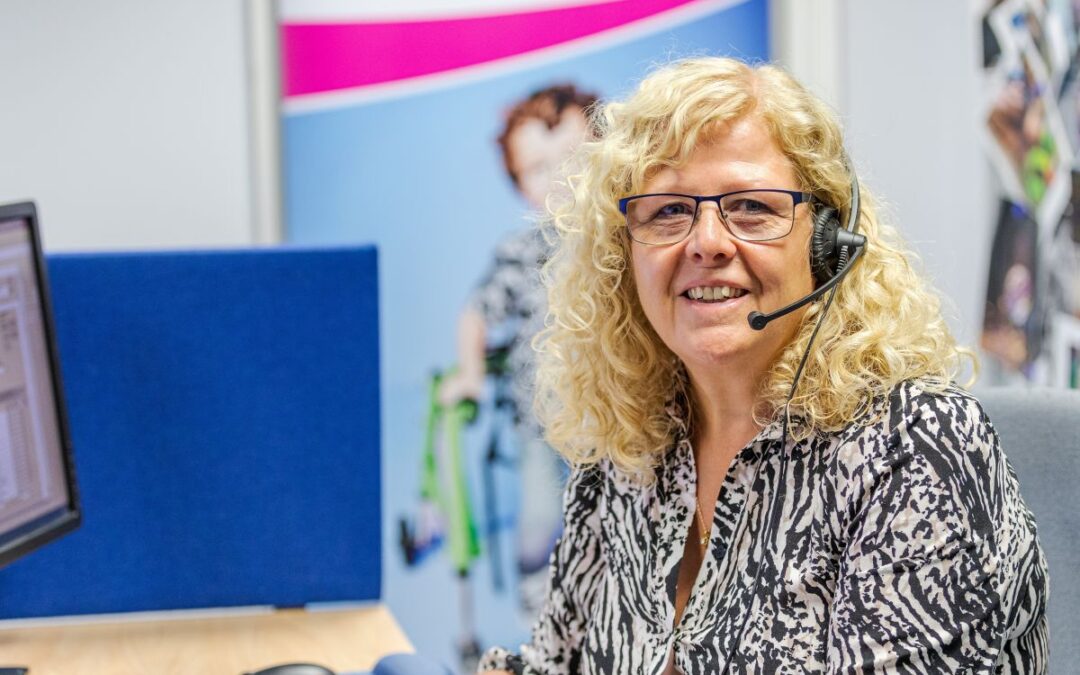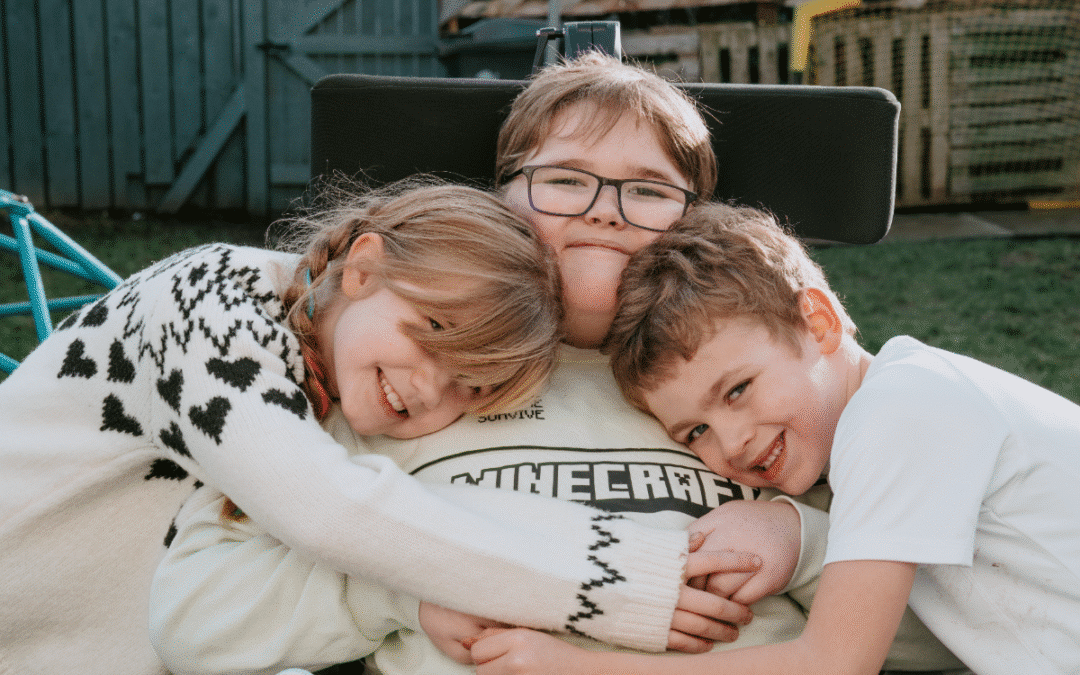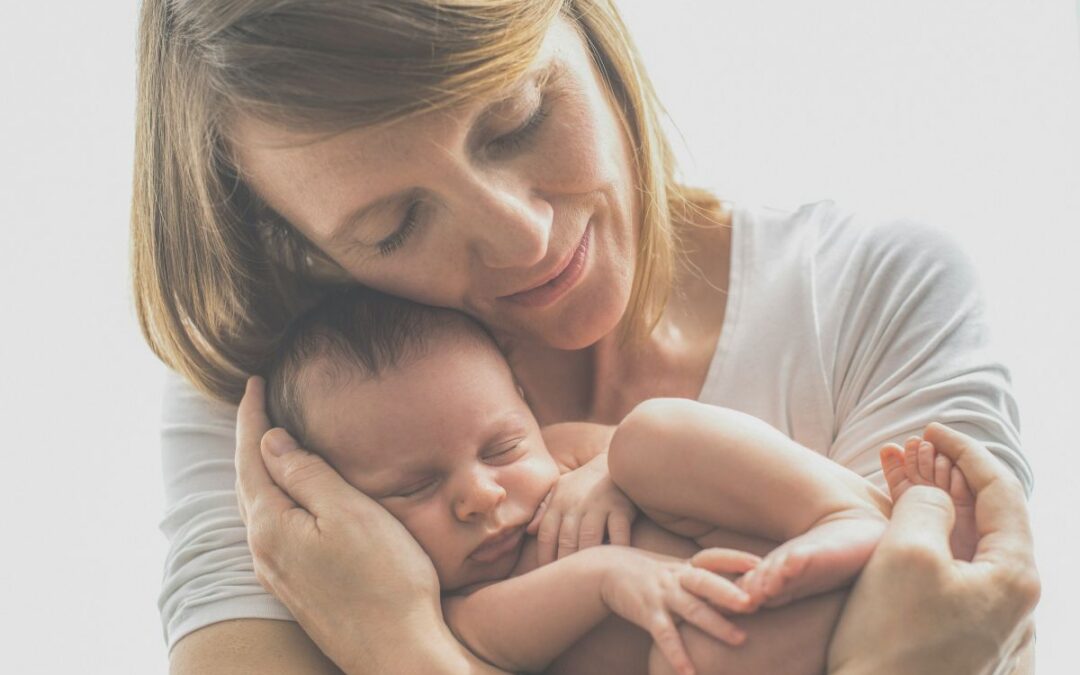
Disability History Month explores a different aspect of disability each year, and for 2024 it runs from November 14 to December 20, with the theme of Disability, Livelihood and Employment. Here Child and Family Service Development Manager, Becky Smith, reflects on the importance of equipment – not just to help children go to school and develop the independence and other skills they need to secure employment, but how equipment can impact every single part of their lives for the better.
Becky said: “We all wish the very best for our children, to protect them and keep them safe, take them to new places and experience the world and all its adventures, celebrate their successes and achievements, receive a good education, and watch them grow into independent individuals. We do whatever it takes to make these things happen.
“But we must ask ourselves how we would respond if your told that your child has a disability that challenges the ‘normal’ way of life, the experiences, education, and independence we once wished for. It’s an unexpected turn of events, and the plan B, C, and D don’t provide the solutions to the challenges that the child and family are now facing.
“With the right resources, equipment, and support, children and their families can still be given the best opportunities.
“At Newlife we offer grants and/or loans for wheelchairs, buggies, beds and car seats. Four items that provide what may seem a simple function. However, the impact of these pieces of equipment are much more than what first comes to mind, and in a lot of cases are positively life changing for the child and their family.
“Let’s start with a wheelchair. Typically known for its ability to ‘move’. Enabling people to get from A-B, but its purpose is significantly more than this. A wheelchair could allow a child or family to be included safely within society, to visit the park, go shopping, attend events, and go on days out.
“A wheelchair could allow a child to access education, minimising limitations, and in some cases allow a child to be independent, moving from lesson to lesson, partaking in sports, making friends and playing in the playground. It could also provide essential postural support that supports the function of the body, enabling a child to safely breath, swallow, and change position. A wheelchair may allow a child to engage with the world, see things, hear sounds, and have a sense of belonging amongst others.
“But after a hard day at school, or a busy family day out we all love to get into bed and relax. When we think about putting our children to bed of an evening, we may consider if they will be warm enough, what will be the bedtime story of choice, and turning the nightlight on. Their safety whilst in bed, may never cross our minds. However, for most parents of a child with a disability this is a daily concern. A bed is an essential piece of equipment in maintaining a child’s safety and could be a deciding factor in a child’s ability to remain safely living at home. Medical beds are adjustable, enabling optimal postural and functional support. They offer strong safety features like side rails, head and footboard sections, and ability to adjust the floor to bed height. A combination of all these things help to keep a child safe. Medical beds also allow a child to be cared for safely and can be adjusted quickly if a child requires quick and responsive care, ie seizures or suctioning.
“But what if this wasn’t available to your child – the waiting list too long, you didn’t know who to turn to, or where to even start? This is the harsh reality of the world we live in today. With services and resources being cut, and budgets tighter, it’s becoming increasingly more difficult for children and their families to access the equipment and support they need to enable their child to live a ‘normal’ life.
“Granting and/or loaning equipment that enables the child to reach their full potential, could mean they continue to live safely at home, access a good education, experience adventure and play, become independent and allow them focus on their abilities, rather than their challenges.
“This is why we do what we do, because we want the best for ALL children.”
If you would like more information about the equipment services Newlife provides, please visit www.newlifecharity.co.uk or call the Nurse Helpline on 0800 902 0095.




